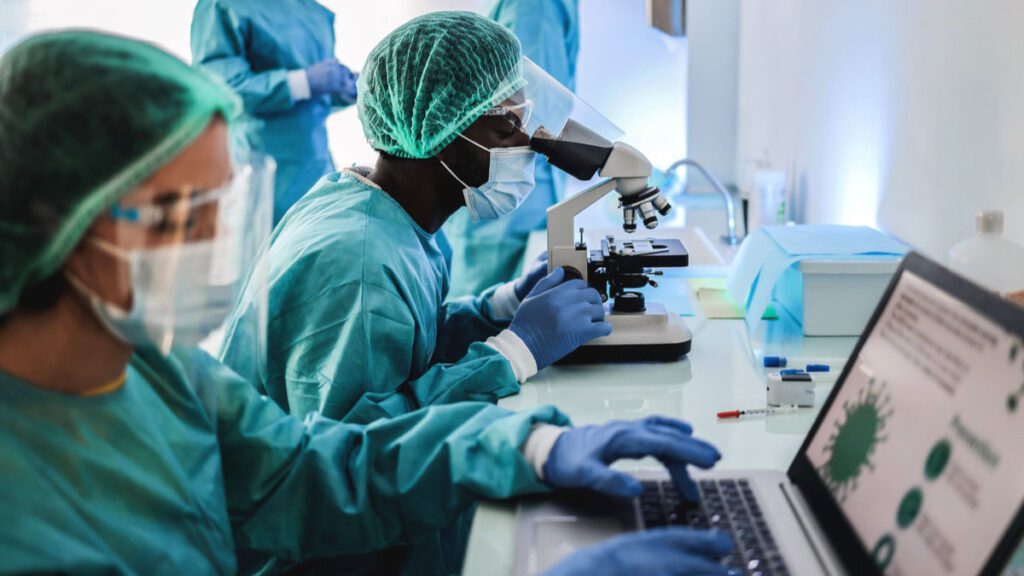
The World Health Organization (WHO) announced that the six African countries would obtain technology to tool them with the needed means to produce their own COVID-19 vaccines.
In an effort to minimize global reliance on vaccine manufacturing from companies outside the continent, the WHO added Egypt, Tunisia, Kenya, Nigeria, Senegal, and South Africa would have full access to the messenger RNA (mRNA) vaccination technology, as well as the knowledge to train and support training scientists to create the vaccines.
The move is a part of a global plan to provide assistance to low and middle-income countries to obtain the technology and knowledge for manufacturing mRNA vaccines on a large scale, based on international guidelines and standards.
Some of the most prominent MedTech companies, such as Pfizer-BioNTech and Moderna, have produced mRNA vaccines for their shots. MRNA works by telling cells to make a protein that enables an immune response to combat the viruses when invading the body.
“No other event like the COVID-19 pandemic has shown that reliance on a few companies to supply global public goods is limiting, and dangerous,” said the WHO director-general Tedros Adhanom Ghebreysu, at a ceremony held by the European Council, France, South Africa, and the WHO during the European Union-African summit in Brussels.
The WHO announcement was welcomed with enthusiasm in the African continent, given that only 12 percent of the continent’s overall population have received their COVID-19 shots, according to the Africa Centers for Disease Control and Prevention (Africa CDC).
“I’m really pleased to see this progress,” said John Nkengasong, Africa CDC’s director.
“The way we fight the next pandemic will be very different because the continent would have been producing diagnostics and vaccines,” he added.
The WHO and its associates will put in their efforts to create the required workforces and train them throughout the value chain, following a training program – to be publicized in the upcoming weeks.
In parallel, Cyril Ramaphosa, the South African President, expressed his content with the move. Stating it would weaponize Africa with the needed tools and med tech solutions to develop in own vaccinations as it meant “mutual respect and recognition of what we can all bring to the party, investments in our economies, infrastructure investment and, in many ways, giving back to the continent.”
“Organizations such as COVAX [the initiative for equal access to COVID-19 vaccines] and Gavi [the Vaccine Alliance] need to commit to buying vaccines from our local manufacturers. They need to buy them from the locally produced hubs once they get going,” he added.
The WHO’s ultimate goal is to deliver utmost accessibility to the mRNA technology to all of the African continent’s residents and heighten the overall health security and endorse more robust self-reliance in the upcoming future.
Not only will it promote vaccines accessibility, but it can also be adopted for a variety of different uses. Such as developing insulin for diabetes patients, cancer medicines, and even producing vaccines for diseases like malaria, human immunodeficiency virus (HIV), and tuberculosis.
On another side, German MedTech company BioNTech publicized it will make its mRNA technology accessible for manufacturing in Rwanda and Senegal during this year, with a “fill-and-fish collaboration in Ghana” – the process of filling vials with vaccines, followed by the process of preparing the medicines’ packaging to be distributed to the concerned parties.